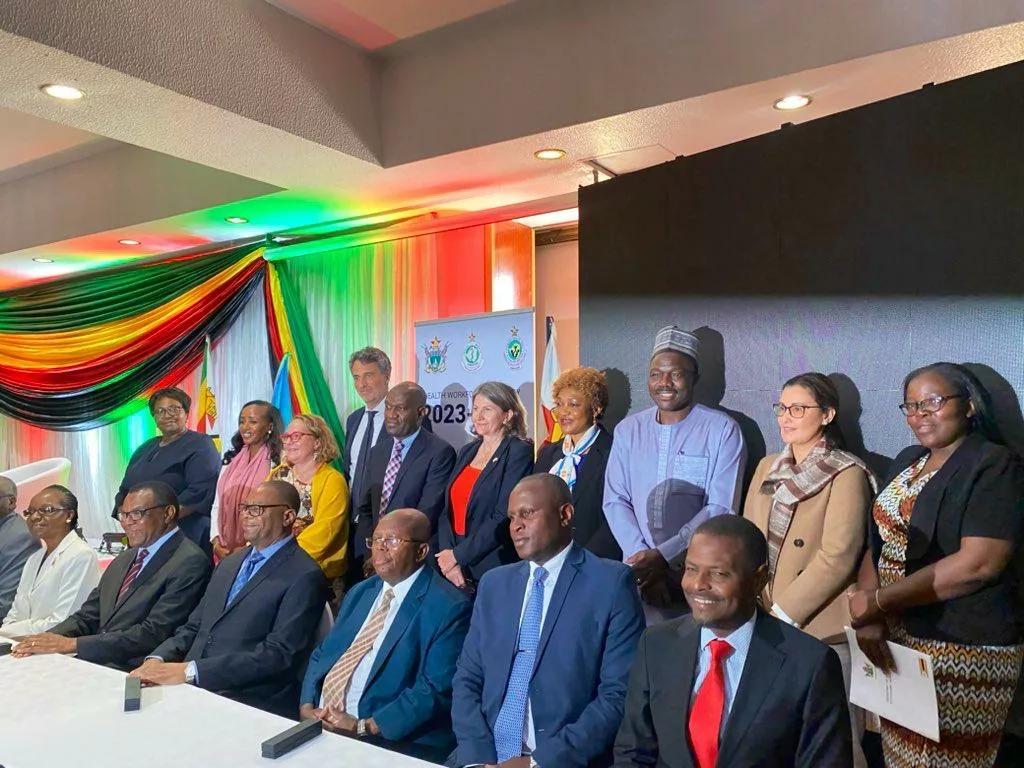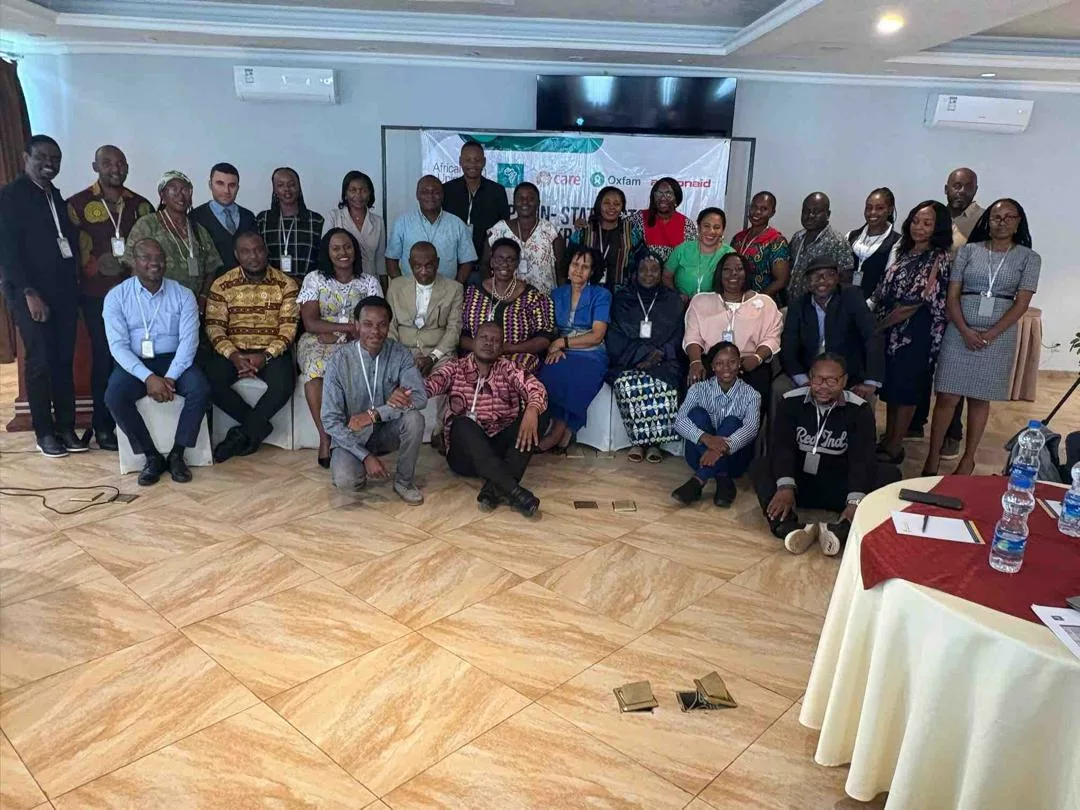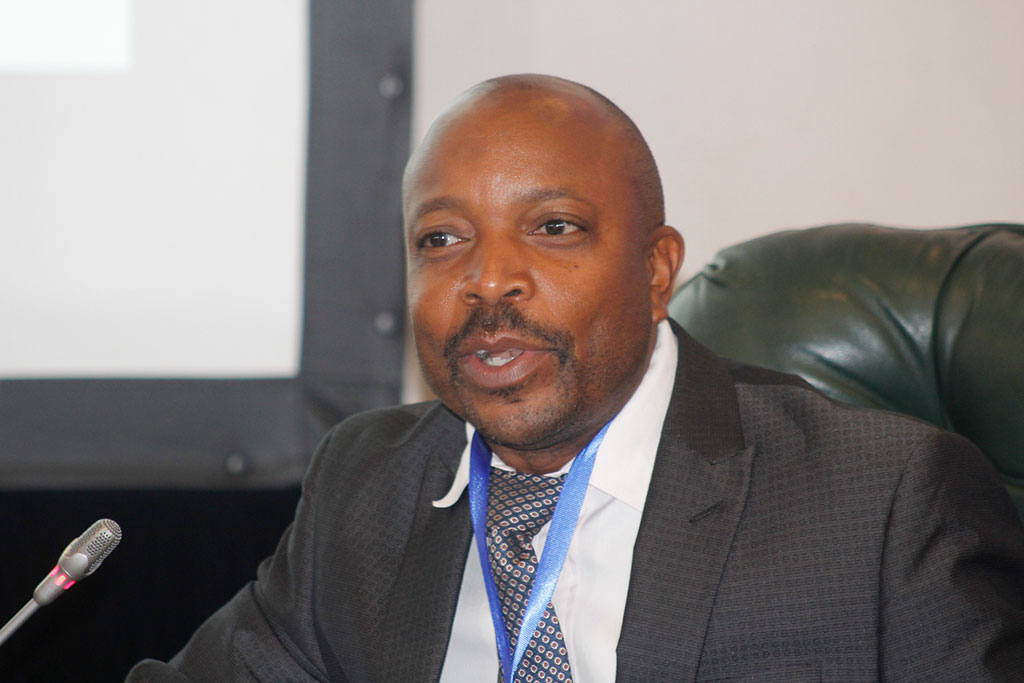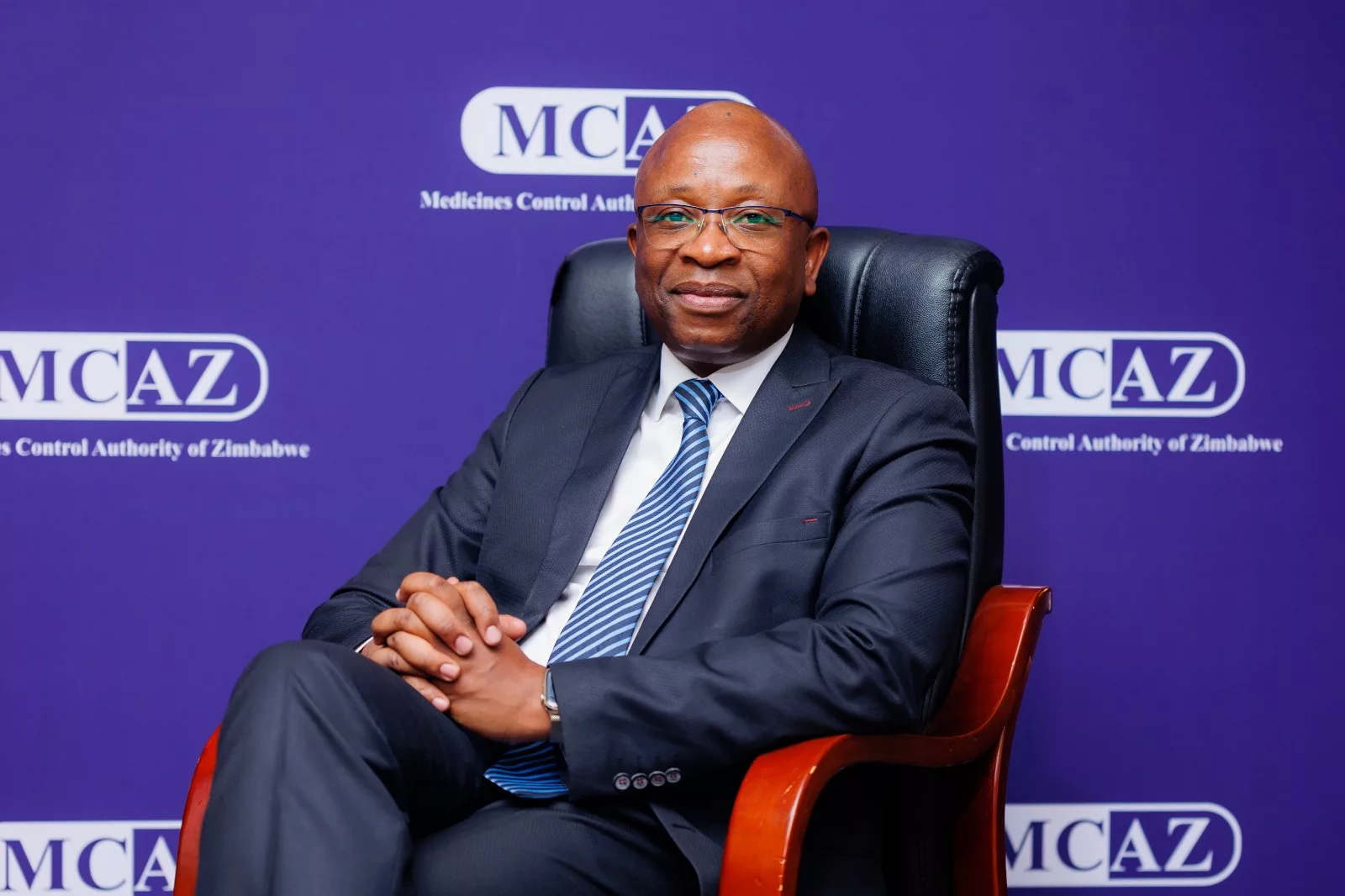|
Getting your Trinity Audio player ready...
|
Over the last decade, the United Nations has made significant strides in the health sector in Zimbabwe, supporting governments and stakeholders to implement strategic health initiatives.
This was revealed by Dr. Ayodele Odusola, the UN Resident and Humanitarian Coordinator ad interim, and UNDP Resident Representative at the launch of the Health Workforce Strategy and Health Workforce Investment Compact on 17 October 2024 at Rainbow Towers Hotel in Harare.
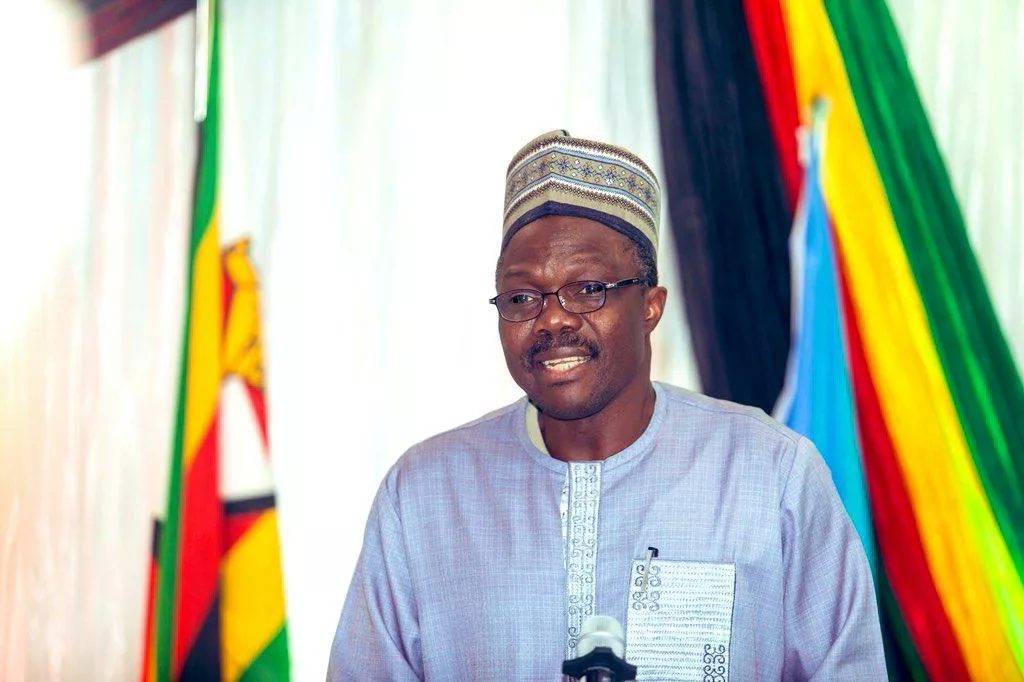
“Over the last decade, the UN has made significant strides in the health sector, supporting governments and stakeholders to implement strategic health initiatives.
“In 2017, the 67th African Regional Committee approved the African Regional Framework, guided by the Global Strategy on Human Resources for Health: Workforce 2030. As a result of these efforts, Africa’s health workforce has grown significantly, increasing from 150,000 graduates in 2018 to over 255,000 in 2022 — a remarkable 70% growth reflecting our shared progress,” he said.
The senior UN official said despite these achievements, challenges remain. He said Africa faces a projected shortage of 6.1 million health workers by 2030.
“Addressing this challenge requires a transformative approach, including a 43% increase in funding for health workforce employment. There exists a paradox of unemployment and underemployment due to less-than-ideal working conditions and industrial unrest,” Dr. Odusola said.
The Africa Health Workforce Investment Charter, supported by the Windhoek Statement, exemplifies the commitment to boosting social and economic development through significant health workforce investments.
“The Zimbabwean delegation at the Namibia Forum demonstrated this proactive approach, turning potential into impactful outcomes. It is uplifting to witness Zimbabwe’s exemplary journey, launched and formalized today.
“I would like to extend congratulations to the Ministry of Health and Child Care for making Zimbabwe a pioneering nation in transforming commitments into action. I commend the Government of Zimbabwe and its development partners for collaboratively seeking evidence-based solutions to the country’s health workforce challenges. Your dedication is enshrined in an open investment compact that encourages alignment and peer support. These principles are well-proven and championed by the investment charters.
“As part of UN commitment, WHO has provided technical support for health labor market analysis, policy dialogues, the development of a health workforce strategy, and a costed investment compact. The United Nations System in Zimbabwe remains steadfast in supporting the implementation of this investment compact,” he added.
Dr. Odusola called on all partners to align with the Zimbabwe Health Workforce Investment Compact.
“Together, we can enhance our collective impact by supporting Zimbabwe to deliver universal health coverage and ensure health security for a healthier Zimbabwean population. The efficacy of health services hinges on the well-being of health service personnel at all levels, necessitating a strategy that includes an incentive structure to address any challenges, particularly on the frontline.
“The workforce strategy should tackle workforce structure imbalances, bridging the gap between training and deployment, ensuring an equitable distribution of healthcare professionals, and addressing disparities in access to quality services between rural and urban areas.”
He added that as Zimbabwe advances with devolution and decentralization, it is vital to align laws, policies, and regulations to empower provincial and local governments in workforce management. In the same vein, health financing is key, particularly regarding fair wages for healthcare personnel and ensuring the availability of medicines, equipment, and other resources. Without adequate resources, holding workers accountable becomes challenging.
Beyond infrastructure and equipment, the health workforce is a critical component of any health system, profoundly impacting overall sector performance. Zimbabwe’s Health Workforce Strategy resonates with global best practices, such as those outlined in the Sustainable Development Goals, especially SDG 3, which promotes well-being for all.
As Dr. Tedros Adhanom Ghebreyesus, WHO Director-General, states, “A strong health workforce is the backbone of a healthy population.” To this end, Dr Odusola said the proposed strategy should emphasize a balanced workforce structure, innovative education and training, and equitable distribution of healthcare workers across urban and rural areas.
For effective implementation, he added that there is a need to focus on policy alignment, sufficient health financing, and decent working conditions, integrating a robust incentive framework.
“Together, we can pursue and deliver universal health coverage through marshalling our resources and strategies to secure the future of the health sector. Congratulations to Zimbabwe for embarking on this forward-thinking journey. The UN remains dedicated to supporting this significant endeavor.”


